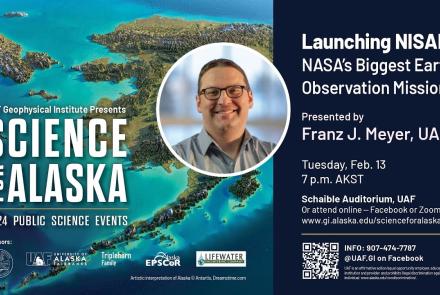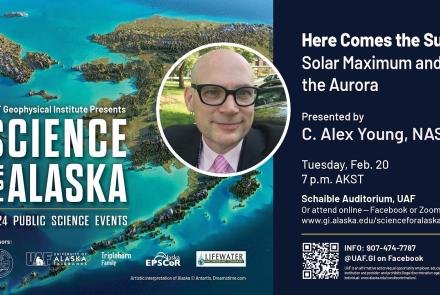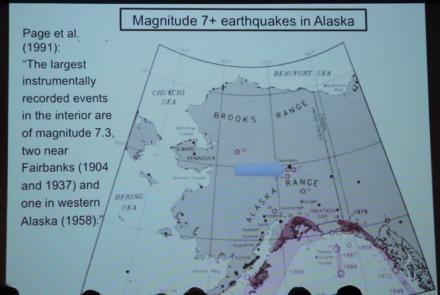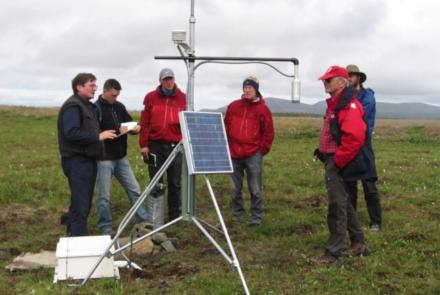What do nano-technology, brain and border patrol have in common?

Assistant Professor
UAA
Climate change significantly effects vast regions of the sensitive arctic landscape. As a result, previously inaccessible locations will open up for commerce, research, natural resource exploration and recreation, with an increase of human traffic and environmental impact. The ability to monitor the changes is vital for environmental monitoring, resource management, disaster response and patterns of use. The arctic region’s vast size, harsh environmental conditions, lack of reliable power and sparse communication infrastructure requires alternative means of survey and monitoring tools: cheap, redundant, decentralized, distributed and asynchronous. This talk will present a conceptual design of sensor networks that are inspired by the neuro-physiology of the human brain for event sensing in vast remote regions.
Martin Cenek is a computer science researcher and educator interested in a broad range of topics that include complex systems, cognition, artificial intelligence and artificial life, networks, machine learning, evolutionary computations and biologically inspired machines and computations. He received a PhD in computer science from Portland State University in artificial intelligence and complex systems. With his advisor Dr. Melanie Mitchell, he studied how to model of complex system processes information in order to solve a given problem. He's an avid outdoorsman.

























































































